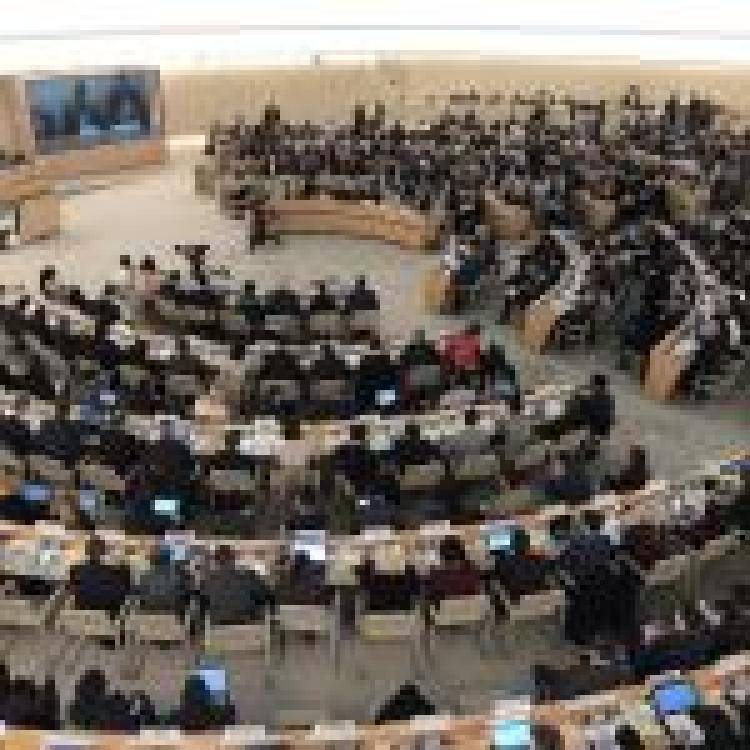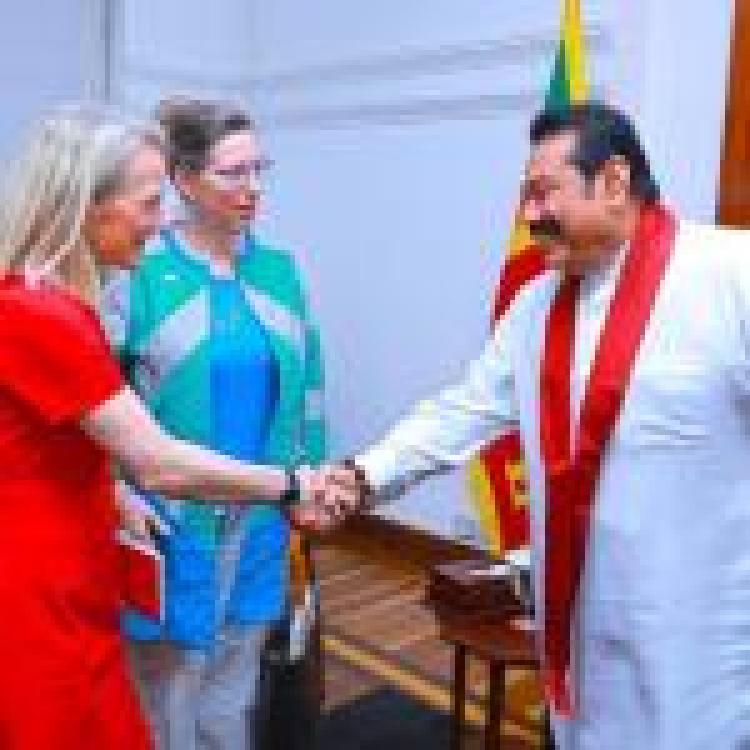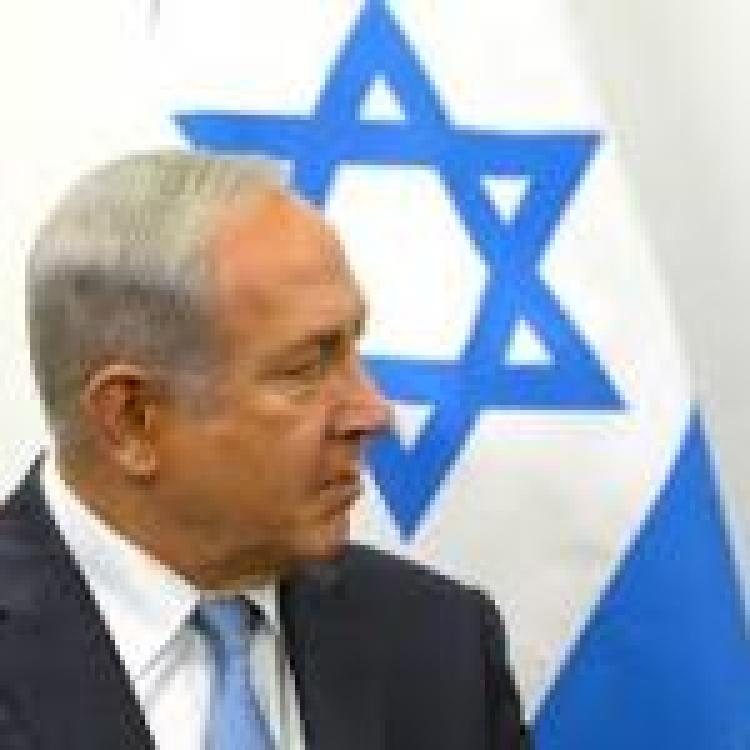<p><img alt="Image removed." src="/core/misc/icons/e32700/error.svg" title="This image has been removed. For security reasons, only images from the local domain are allowed." height="16" width="16" class="filter-image-invalid"></p>
<p>El Salvador’s President, Nayib Bukele, has vetoed a national reconciliation bill on the grounds that such a bill would grant impunity to those who committed crimes against humanity during the El Salvadorian civil war, from 1980-1992. </p>
<p>The bill fell short of the 56 required to override the President’s veto securing only 44 seats in an 84 Legislative Assembly. 11 voted against the bill and legislator abstained. </p>
<p>Bukele claimed that the bill would force prosecutors to close cases on war crimes without yielding accountability for the crimes committed or compensation for victims. Bukele has maintained that any solution must be based on truth, justice and reparations.</p>
<p>Speaking to reporters he has said;</p>
<blockquote><p>
“This Special Law for Transitional Justice, Reparation and National Reconciliation is a fraud of a law beginning with its very name because it is simply an amnesty to make punishments for those who committed war crimes go away”.
</p></blockquote>
<p>In 2016, El Salvador Supreme Court ruled that a 1993 amnesty law unconstitutional following a UN truth commission which documented 22,000 complaints related to the civil war. The court further stated that crimes against humanity can not expire under international law meaning that pathways to reparation and accountability cannot be blocked.</p>
<p>El Salvador’s parliament was set to craft a reconciliation bill which would secure truth, justice and reparations. The President has accused lawmakers of failing to do this with the proposed reconciliation bill and straying from the Supreme Court’s judgement. </p>
<p> </p>
<p>Read more from <a href="https://www.japantimes.co.jp/news/2020/02/29/world/el-salvador-nayib-bu…">Japan Times.</a></p>
We need your support
Sri Lanka is one of the most dangerous places in the world to be a journalist. Tamil journalists are particularly at threat, with at least 41 media workers known to have been killed by the Sri Lankan state or its paramilitaries during and after the armed conflict.
Despite the risks, our team on the ground remain committed to providing detailed and accurate reporting of developments in the Tamil homeland, across the island and around the world, as well as providing expert analysis and insight from the Tamil point of view
We need your support in keeping our journalism going. Support our work today.




